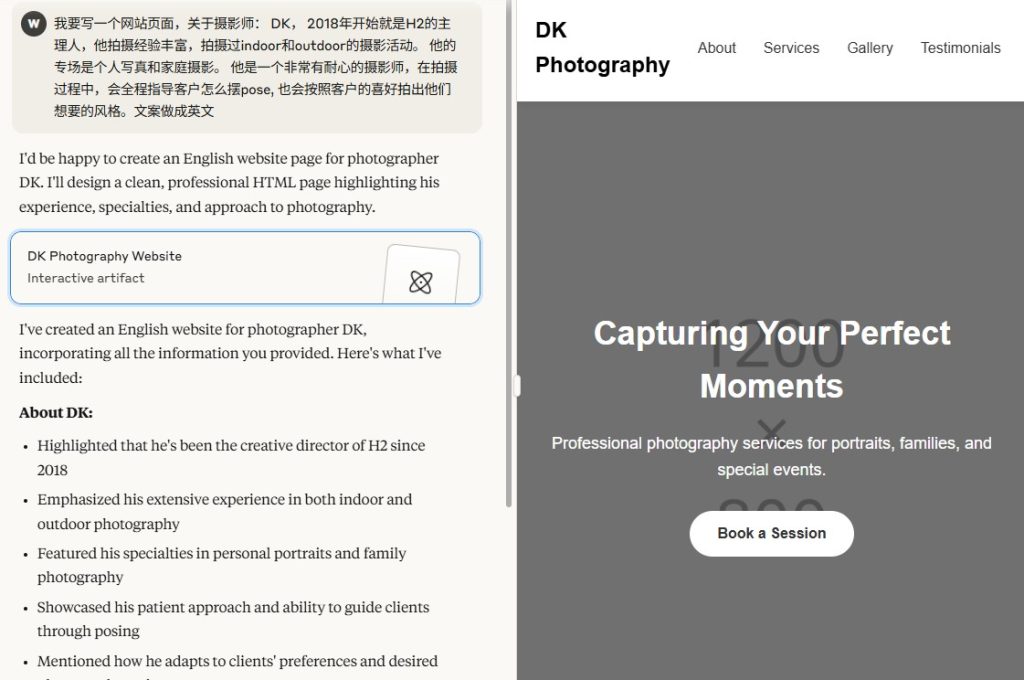Search Engine Optimization (SEO) has been on everyone’s lips and there is a reason why. It is a vital element in the online world and if you master the art of SEO, it can easily boost your business to a next level.
Now that you know how important SEO is, read this, bookmark it, follow the advice and enjoy the rewarding results it brings.
Understanding What is Google and how Google works

Does Google simply compile a random list of websites whenever a search is made? Definitely not. It is the end result of a meticulous search for the best sites.
Finding the ‘best’ content is important to Google because this affect it’s reputation. Why use a search engine if you never get what you are looking for?
To ensure that it stays as one of the most used search engine around, Google constantly refines it’s highly advanced algorithm. These algorithms have the ability to scan and select the most suitable answers to all searches.
So how does Google determine whether the content is reliable or not? A number of features are taken into account:
- Does it contain the keywords users searched?
- Does the page shows any backlinks, proving it’s authority?
- How long does readers stay on the page? The longer one stays, the more it confirms the page’s value.
Optimizing these features is where SEO fit in.
What Does Search Engine Optimization SEO Do?

Like the name suggested, SEO optimizes the chance for a website to hit the top of a search engine’s results page. It audits the website to align with what Google is looking for, and increases it’s worth through Google’s measurement system.
But note that Google changes it’s algorithm regularly. This means that the tactic you find useful today may not help you perform as well the week after. There is a reason why Google spends so much effort in refining it’s algorithm. It minimizes the chances of website owners manipulating the search system to their advantage. The algorithm has been so refined that it can even identify fraudulent or spam sites, and they will be shut down to continue keeping the internet a valuable place for browsers.
The fact that algorithms are constantly enhanced means that you also need to consistently improve your SEO strategies.
Continue reading as we guide you through the basic knowledge of SEO you need to learn.
Introduction of Types of SEO

SEO isn’t necessary achieved only through the hands of Singapore SEO experts. Of course you will get the best desired results by hiring the professionals, but even on your own, there are some easy-to-achieved tactics you can execute on your own.
SEO tactics can mostly be grouped into 2 categories:
- On-page SEO
- Off-page SEO
Deep Understanding of On-Page SEO
This is an aspect that you have lots of control over and you would want to make use of it fully. The goal is simple. Show Google you have what it wants.
1. On-Page SEO – All About Keywords
This is probably one of the most widely used SEO tactic. Your content must contain the keywords users are searching for. By adding the common keywords into your content, search engine’s crawlers can ‘read’ that you have what searchers want and that it is relevant to the search.

Under the difference between keywords and long tail keywords. A keyword is simply a single word frequently used in your industry while the latter is a few relevant words put together.
It is highly recommended that you start with long tail keywords. It is a more achievable goal as these combined keywords are lesser known, as compared to single popular keywords. Heads up, these fights to rank on top will be a long and hard battle.
By inserting the right keywords in your content, you website should appear closer to the top as compared to before. You will get more traffic and exposure and as traffic increases, so will your overall rating with Google.
Tips on keyword usage:
- Know your industry, audience and niche and brainstorm a list of possible related keywords.
- Enhance your list with online keywords tools.
- Try to reach around 1500 keywords.
- Determine the maximum difficulty your keywords should be by using tools such as SEMRush to rate your website’s backlink.
- Use applications such as Keyword Planner to show each keyword’s level of difficulty. Select the ones that align with your site’s backlink rating and delete those with level higher than your current position.

See actual results sooner by starting with keywords with a lower difficult rating.
Remember to research what you are up against. Google every keywords and long tail keywords you choose and see which sites are ranked in the first page. If they are long-established websites such as Wikipedia, you may want to hold that keyword for now and focus on the others.
By using extensions such as SEOQuake, you can research information such as:
- Links
- Domain Age
- Website Traffic

You will often be encouraged to use synonyms in SEO, but remember, with long tail keywords you need to keep the combinations exact! Any variation could led to Google not recognizing your page as an appropriate match!
Tips on where you can blend your chosen keywords in:
- Blogs
- Web content
- Service pages
- Social media posts
- Product descriptions
2. On-Page SEO – Create Accelerated Mobile Pages (AMP)
As mentioned before, Google looks at different aspects of your page and in recent years, this focus has shifted to mobile. If your website isn’t mobile-friendly, there is a possibility of it being penalized! And even worst, if it is unresponsive.
To avoid this risk, create a high-end Accelerated Mobile Page (AMP). There are many quality tools available online for this purpose. This is transforming into one of the key aspect as many users browse via mobile devices as compared to computer these days and Google needs to ensure that their engagements are all user-friendly.
Deep understanding of Off-Page SEO
While on-page SEO focuses on increasing your website’s value through content creation and modification, off-page SEO defines the exposure you actively create on your site and pages. The biggest part of off-page SEO, a technique known as linking, is an important factor that Google measures. Let us look deeper into the 2 main off-page SEO tactic, link juice and link building.
1. Off Page SEO – Link Juice
Link juice refers to the value you get when another web page refer your page with an outbound link in their content, or vice versa.
Why does this matter to Google?
This is because only valuable research papers get referenced in a context, so if your page is linked, then the information you have provided must have added some value to the content. In a way, the entire internet votes for one another by simply creating links.

It is important that the links you get are quality links! Having one well respected and high ranked web page linking your page to their is much more effective than having tons of low level sites linking the same!
So how do you determine your link juice? You can get feedback via Google’s Search Console,but this only shows brief information. For more in-depth lists, you can try paid tools such as Ahrefs, Moz and SEMRush.
Tips on link juice:
- Avoid orphan pages. This refers to pages not linked to any other pages. If you do have one (e.g. login page), simply disallow it in your robots.txt file. This signals to Google’s crawlers to ignore it.
- Arrange for ‘disavow’. Like above, signal to Google to ignore pages that are viewed as spam or SEO done wrong.
- Add ‘no follow’ to a link’s properties. This prevents giving a page’s link juice.
- Install redirects on old pages with high rating but no longer use.
- Canonical URLs. Use this if you have similar pages to avoid being detected by Google as copied content.

When you add new links, add them to the right anchor text to make it seems relevant.
2. Off Page SEO – Link Building
Link building is crucial in SEO. The more (good) links you have pointing to your page, the better. These all will contribute into improving your Google rating.
You can simply wait for others to link, but it is always better to take your own action. And this, is link building. But keep in mind, act with caution.
Some link building tactics to consider:
- Adding your website to business directories. These are low level links, but better than nothing.
- Adding your page to an article directories. Again, low level links but accomplished with little effort.
- Guest posting for other websites. Choose wisely on the sites you offer, and avoid low quality guest posting sites.
- Promote your site by commenting in relevant forums, but do not overuse commercial based links.
- Advertisements. But note that those not labeled as ‘nofollow’ may not be viewed favorably.
- Natural social media sharing. It can be a powerful tool, if done properly. However, note that it doesn’t affect results page ranking, but will be taken into account by indexing.
Conclusion
You have learnt the basic of Search Engine Optimization (SEO). It is time-consuming but rewarding if done properly.
If you need help, our best SEO services in Singapore can be of assistance. We are trained to help get your website to page 1 results page.








